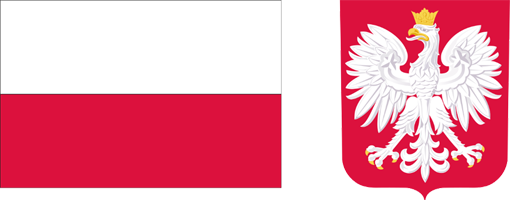Current issue
Archive
About the Journal
Aims and Scope
Advisory Board
Members of the Editorial Board
List of reviewers
Publishing process
Publishing Ethics and Malpractice Statement
Personal data protection (GDPR)
Creative Commons License
CrossRef Member / Similarity Check
For Authors
Call for papers
Guidelines for authors
Submitting a manuscript through the editorial system – step by step
For Reviewers
Peer review process
Guidelines for reviewers
Submitting a review – step by step
Contact
RESEARCH PAPER
“FARM TO FORK” STRATEGY AND ITS IMPLICATIONS FOR THE DEVELOPMENT OF THE BEEF PRODUCTION SECTOR IN POLAND
1
Institute of Agricultural and Food Economics – National Research Institute, Warsaw, Poland
Submission date: 2021-07-29
Final review date: 2021-09-18
Acceptance date: 2021-10-04
Publication date: 2021-12-23
Zagadnienia Ekonomiki Rolnej / Problems of Agricultural Economics 2021;369(4):25-44
KEYWORDS
TOPICS
ABSTRACT
The article deals with the “Farm to Fork” Strategy, which is the European
Union document significant for the future of the Common Agricultural Policy and
the effects of its implementation for the beef sector in Poland, as well as an important
element of agri-food exports. The analysis uses a “desk research” study
to consider the EU legal acts and strategic documents (including CAP Strategic
Plan), as well as documents of Eurostat, international organizations (FAO,
OECD), and industry organizations. The analysis was performed using an expert
method. The study was limited to four groups of issues: greenhouse gas emissions,
eco-schemes, antibiotics, and animal welfare. It was concluded that the actions
specified in the strategy aimed at considering external costs of food production
(particularly health and environmental) would inevitably result in an increase in
its prices, because, according to the analyses, the costs even exceed the market
value of food. So far, they have been covered by taxpayers, consumers, and other
entities. In this situation, according to the Commission, it seems justified to gradually
abandon the cheap food policy, which is justified in poorer countries.
Share
RELATED ARTICLE
We process personal data collected when visiting the website. The function of obtaining information about users and their behavior is carried out by voluntarily entered information in forms and saving cookies in end devices. Data, including cookies, are used to provide services, improve the user experience and to analyze the traffic in accordance with the Privacy policy. Data are also collected and processed by Google Analytics tool (more).
You can change cookies settings in your browser. Restricted use of cookies in the browser configuration may affect some functionalities of the website.
You can change cookies settings in your browser. Restricted use of cookies in the browser configuration may affect some functionalities of the website.



